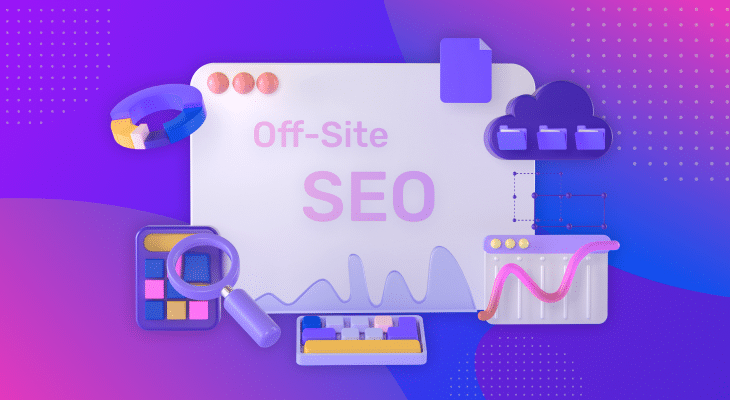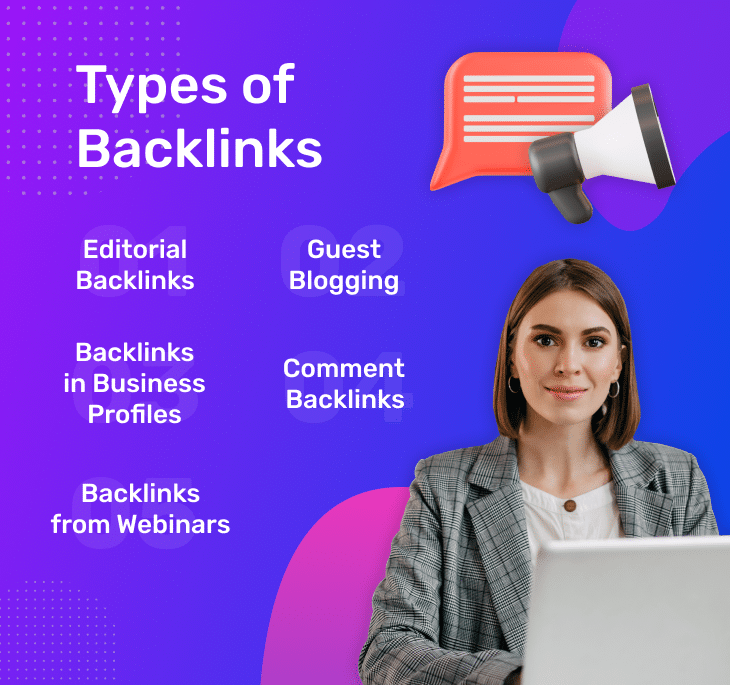What is Off-Site Search Engine Optimization?

Does your website contain informative and relevant content? Is your website still struggling to get higher rankings in Google? Your off-site SEO optimization is the biggest reason behind it.
Your website is fully on-page optimized, i.e., you have written effective meta tags, meta titles, meta description, etc. but, what about off-page SEO practices?
Off-site includes any efforts taken outside of a website to improve ranking and get site traffic. Most people think that optimizing it only means link building, but that’s not the case. It goes way beyond that. It includes commenting, forums, influencer outreach, content marketing, social bookmarking, broken link building, and the list goes on and on. Google considers over 200 factors in their algorithm for ranking websites, Backlinko stated.
SEO is Not Only On-Page
On-page SEO is something when you have complete control over your website, whereas that’s not always the case for off-page.
For example, if you ask someone to give you a backlink, that’s off-page SEO because you didn’t change anything on your website during that process. Conversely, if you work your website page speed by optimizing some images, then that’s on-page because you made changes directly on your website.
On-page SEO is essential to get site traffic, but you should not overlook off-page practices. In simple terms, it tells Google what the audience thinks about your website.
Search engine algorithms, tactics, and ranking factors are rapidly changing. Parallelly, the general concord is that the trustworthiness, relevance, and authority that an effective off-site strategy can afford still plays a drastic role in that page’s ability to improve ranking.

Types of Backlinks
Before we dive into discussing the different types of backlinks, let’s first understand what backlink is?
A backlink is a link that is generated when a website links to another. If you are looking to improve the website’s ranking through organic site traffic, backlinks are essential.
Three key variables that determine the value that a backlink contributes to your site are:
- The recognized authority of the linking site
- Whether the linking site encodes the backlink with “do follow” and
- The link’s location on the website
Now, let’s discuss five different types of backlinks in detail.
- Editorial Backlinks
Editorial backlinks point to your site and include a link placed within the content. These backlinks are created when your content is cited as the source of specific information, when a company representative is quoted, or when your site is included in a link roundup on a particular topic.
- Guest Blogging
Practicing guest blogging outreach to solicit valuable sites for these opportunities should be a key piece of just about any off-site SEO strategy to improve the website’s ranking.
- Backlinks in Business Profiles
Creating profiles for your brand on business listing sites, social media, and review sites most often comes with the opportunity to post a link that links back to your website. Search engines view these entries as proof that a site is well-reputed.
- Backlinks from Webinars
Webinars offer valuable content for sites to link to. Sites will usually embed webinars in their own pages along with a link and also mention your brand. To achieve these backlinks, use tactics similar to blog promotion.
- Comment Backlinks
Comment backlinks are the easiest, as you only have to post a relevant comment on the content, including a backlink. However, if you spam comments with a backlink, it can affect your site’s reputation with search engines.
Optimization of Your Off-site Profile
The more quality links and comments pointing back to your site, the more likely Google assumes it’s a quality site and, therefore, improves its ranking. Links, influencer marketing, social media strategies, and more contribute to Off-site SEO.
- Build a Strong Internal Linking System
If someone gives you a backlink, you want to make sure that page is optimized and leads them to other pages on your site.
- Remove Bad Links
Ensure that you have no wrong links in your strategy. If you find any, remove them immediately.
- Create High-Quality Content
Optimizing content comes under on-page SEO, but if you want people to link back to your site, you need to give them a reason.
- Build a Strong Social Media Presence
Though social media is not a direct ranking factor, you can avail of some indirect benefits from it. So, build a robust social media strategy and impactful content plan to enhance your online presence.
Natural Vs. Unnatural Backlinks
As we have discussed previously, backlinks are most important for off-site strategy, which improves the website’s ranking, gets site traffic organically, and referral traffic.
There are two types of link building: bulk backlinks (unnatural pattern), Whitehat backlinks (natural pattern).
- Unnatural backlinks
As there is no limit or restrictions to create backlinks, you should focus on creating high-quality links. Most business owners prefer going with unnatural pattern link building. This will quickly give search results, but the results stay on the top page for a few days. After a few days, the website might not be visible on search results, and site traffic may also decrease.
Here are some of the reasons about how:
- More than page rank one or page ranks 0 backlinks
- Already penalized website backlinks
- Create unnatural and irrelevant low page rank blog comments
- Get backlinks from illegal websites
- Artificial quality of backlink content
- White Hat Backlinks (Natural Pattern)
Writing compelling content and building high-quality links are most important in off-site SEO. Natural backlinks help you increase site traffic and keyword rankings gradually. There are some critical steps to creating natural backlinks.
- Use relevant, unique content to create a link to the other website or blog comments
- One backlink for one website makes your website healthy
- Use multiple search terms/keywords of your website
- Create higher domain authority web 2.0 blog networks
Conclusion
On-page SEO has its importance, but never overlook off-site SEO activities. No matter how good the former is, you can’t get higher rankings in search engines without proper practices of the latter.
Always remember, the more high-authority websites referring to you, the more chance you have to rank higher.

